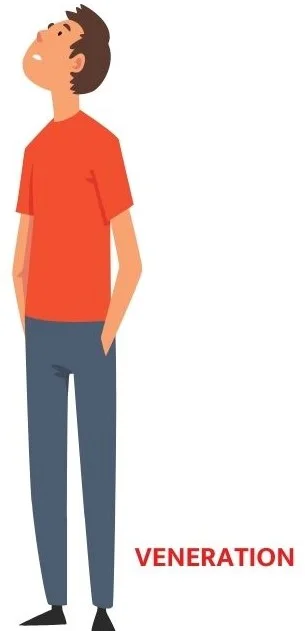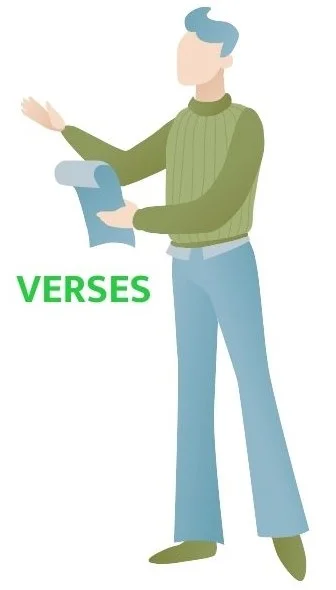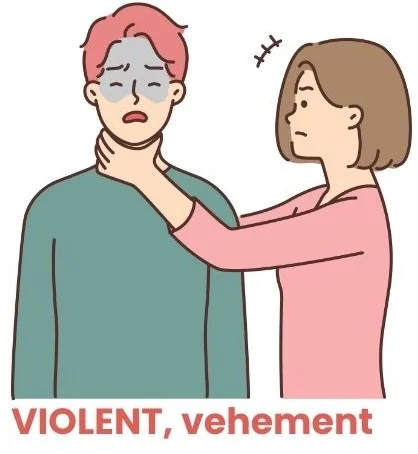This blog post aims to explore the realm of V Series Mind Rubrics, as well as their interpretations, extracted from Kent‘s Repertory.
The focus will be on understanding their psychological significance and the corresponding remedies they suggest.
Kent’s Repertory is a crucial resource in homeopathy, revealing the intricate connection between emotional well-being and physical manifestations.
Table of Contents
ToggleVENERATION

- “VENERATION” is a deep and profound respect or admiration for someone or something.
- It goes beyond simple admiration and involves a sense of great respect.
- People feel “VENERATION” towards figures of authority, ideals, or objects of worship.
- This emotion can be directed towards religious, cultural, or historical symbols.
- “VENERATION” often implies a sense of awe and humbleness.
- It involves honouring and valuing the significance and impact of the subject.
- “VENERATION” can lead to acts of devotion, such as rituals or ceremonies.
- It fosters a connection to traditions and values.
- Expressing “VENERATION” can strengthen bonds within communities.
In summary, it represents a deep and respectful sentiment towards someone or something held in high regard.
Remedy: Coff.
VERSES, makes

- “VERSES” refer to lines of text in poetry or songs, often with a rhythmic and structured pattern.
- “MAKES” indicates the act of creating, composing, or producing something.
- “VERSES, makes…” suggests the action of crafting poetic or lyrical lines.
- It implies the process of forming meaningful and expressive words.
- This phrase concerns the creative act of writing verses with artistic intention.
- It involves arranging words to convey emotions, stories, or ideas.
- “VERSES, makes…” signifies the poetic attempt of giving shape to thoughts and feelings.
- It can encompass various styles and themes, from love to social commentary.
- The phrase captures the essence of poetic composition and artistic expression.
Overall, “VERSES, makes…” highlights the creative act of crafting poetic lines with intention and artistry.
Remedies: Ant-c., cann-i.
VIOLENT, vehement

See Anger at A SERIES RUBRICS, Rage at R SERIES RUBRICS, Wildness at W SERIES RUBRICS.
- “VIOLENT” means strong and aggressive actions or forces, often causing harm or disruption.
- It shows extreme intensity and force in physical actions, emotions, or natural events.
- “VEHEMENT” is about passionate and intense feelings or beliefs shown in speech or actions.
- It displays powerful emotion, like strong enthusiasm, anger, or determination.
- “VEHEMENT” emphasizes forceful expression in communicating or showing emotions.
- Both words show intensity, but “VIOLENT” is usually for strong actions, while “VEHEMENT” is for intense emotions.
- “VIOLENT” can be destructive physically, while “VEHEMENT” is emotionally intense.
Overall, they describe strong and forceful qualities in different ways, one in actions and the other in emotions.
Remedies: Aur., Bell., Cic., Hyos., Nux-v., Stram.
VIVACIOUS/GRIETY/CHEERFULNESS

“VIVACIOUS”:
- Definition: Full of energy, lively, and enthusiastic in a charming and engaging way.
- Simple Explanation: Someone who is vibrant, lively, and full of positive energy.
“GAIETY”:
- Definition: A state of being cheerful, joyful, and merry, often in a social or festive context.
- Simple Explanation: Feeling happy and having a good time, especially during celebrations.
“CHEERFULNESS”:
- Definition: The quality of being cheerful, optimistic, and having a positive outlook.
- Simple Explanation: Having a happy and positive attitude towards life and situations.
Differences
- “VIVACIOUS” emphasizes lively and engaging energy in a person’s attitude.
- “GAIETY” focuses on a joyful and merry atmosphere, especially in social or festive settings.
- “CHEERFULNESS” pertains to a positive attitude and outlook, indicating a generally happy disposition in daily life.
All three words share a sense of positivity, but “VIVACIOUS” refers to a person’s energy, “GAIETY” relates to a joyful atmosphere, and “CHEERFULNESS” highlights a positive mindset.
Remedies: Coff., hyos., Lach.
